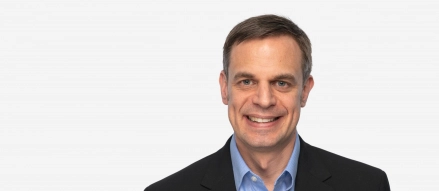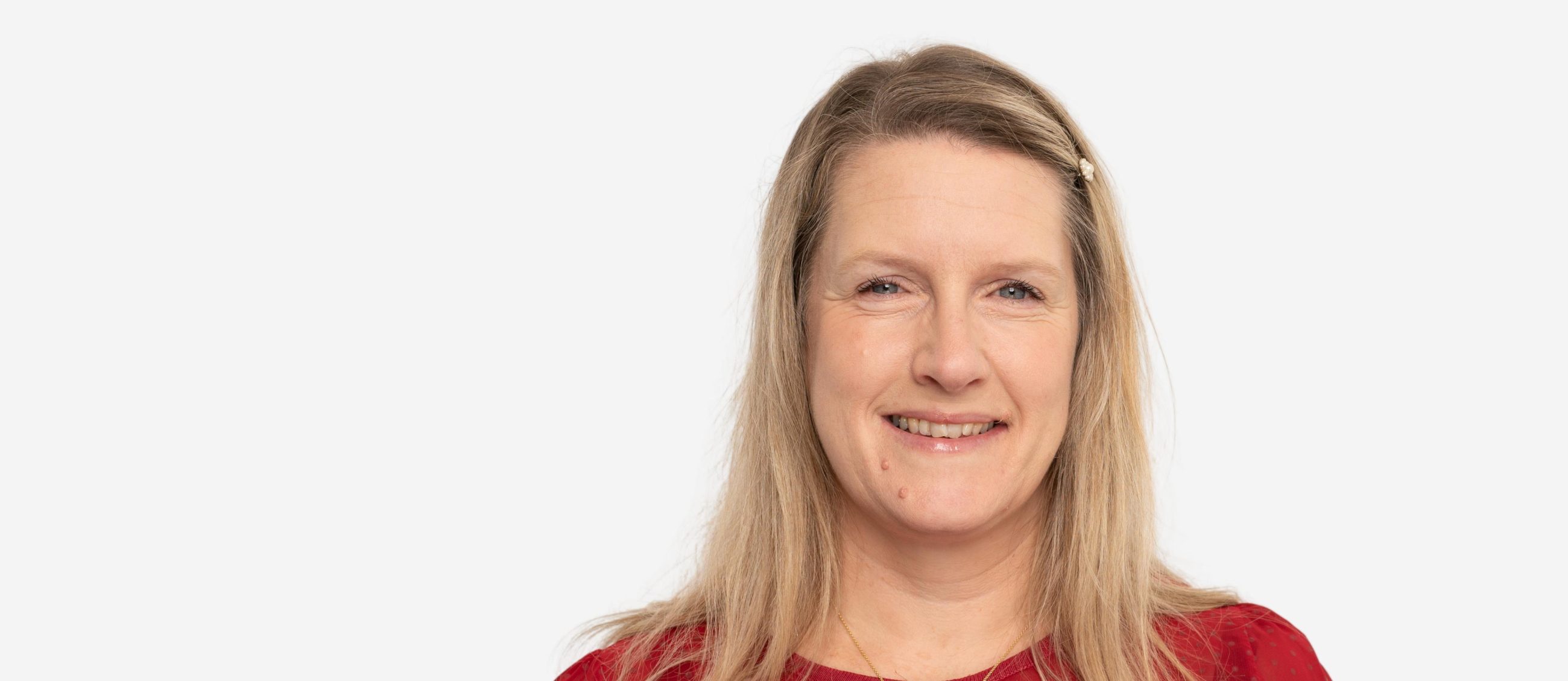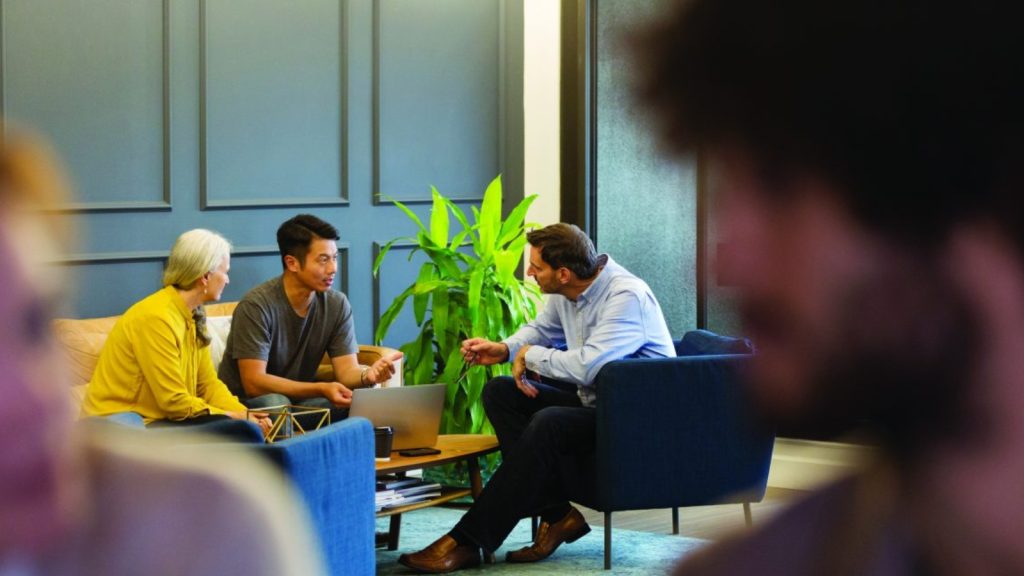
Embracing transformation in the consumer mid-market
Perspectives
Embracing transformation in the consumer mid-market
Mon 30 Oct 2023
The consumer sector is in the midst of international transformation. Global trends and macroeconomic pressures including inflation, geopolitical conflict, regulatory change and a spike in e-commerce driven by the pandemic have all accelerated the pace of change. To ride out these challenges, many companies have shifted to new business models, sales channels and ways of engaging with their customers.
Climate change is also having an impact. According to the United Nations Development Programme (UNDP), a majority of the public across global regions believe that climate change is a public emergency which, in turn, will drive growth in purpose-driven consumption in the sector. The rising purchasing power and behaviour of younger generations is also a contributory factor. As our Sustainable, smart, and synchronised consumer report identified, three quarters of Generation Z (Gen Z) shoppers in the UK are making purchases aligned with their values and are unwilling to sacrifice ethical values for a better deal.
As a result, privately-owned businesses in the consumer sector face a threefold challenge:
- How to meet these new conflicting consumer demands
- Prioritising sustainability in their business
- Staying on top of innovation
The size of a privately owned business can serve as an advantage in undertaking a transformation. “A distinctive attribute of a mid-market consumer business is that the employees and fund owners are usually very close, unlike at a big corporation,” Bruno Pouget, a Partner at Mazars in France believes. “As a result, they probably have more permissions to take radical decisions with regards to certain ESG transformations. To give an example, I had a client that decided to stop selling pesticides in the early 2000s. It was one of their most profitable products, but they chose to stop it because of the damage it was creating to public health. Consumers still remember it as a courageous step, even today.”
Understanding customer behaviour is also key, according to Neil Barton, a UK Partner at Mazars. “For a mid-market business that can be challenging because they don’t have the levels of insight that a larger company might have. Understanding those shifts in consumer buying patterns, such as whether they should move from products to services, can be tricky. They need to find a way to tap into that type of information because they are not going to get it just from their own retail outlets.”
For Pauline Davison, Mazars UK Partner, tackling any type of transformation can be a challenge. “Businesses often don’t have the infrastructure set up to be able to transform in an agile way. Often, they’re smaller companies or startups that are growing fast, so they’ve already got challenges around their systems keeping up with their pace of growth. It’s at that stage that mid-market businesses should step back and ask themselves if they need to make a change and do things differently. Technology can be a driver of that. There’s a real opportunity to react to customer behaviour and identify what they want using a technology like artificial intelligence (AI).” Bruno agrees, highlighting that if mid-market businesses want to be able to compete in today’s market and remain responsive, agile and meet consumer expectations, they have to be more technological.
Using technology and data are clearly key – but business leaders should be wary of the challenges that brings from a regulatory standpoint. “Data brings inherent dangers with it,” Neil confirms. “A business needs to know what it can do with its data, as well as where it gets it from. You need to be very cautious and make sure you are getting it from appropriate sources and using it for the right purposes.”
That is particularly critical with regulation including the General Data Protection Regulation (GDPR) and Corporate Sustainability Reporting Directive (CSRD) applying to businesses in the sector. “The CSRD is a big challenge that will require huge compliance efforts,” Bruno adds, “The key for successful implementation will be to start very early.”
For many businesses, identifying what they want to achieve as a business can act as a north star for their sustainable transformation. Neil suggests a business really needs to work out if they are trying to be a profitable business or are they trying to be a business for good. “Many businesses get swept up in sustainable initiatives and actually lose sight of what they’re trying to achieve at the end of it”.
Bruno encourages business leaders to see the opportunity waiting to be utilised: “In a mid-market consumer business, where the margins are sometimes very tight, you can still find business owners that want to do the right thing in terms of sustainability. I believe that they could become a driving force for the current trend towards more sustainable ways of doing business.”
Download ‘Sustainable, smart, and synchronised’


















